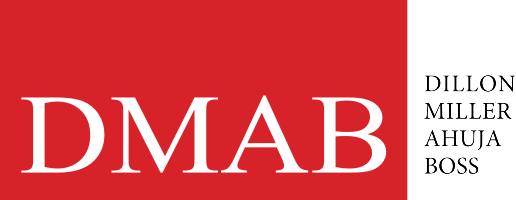A business’s intellectual property can have a major impact on its success. Original creative works can create an instant customer base or help a company with branding. The ability to use creative works for marketing purposes or sell them to consumers could prove lucrative for an organization.
Companies sometimes have creative professionals on staff who compose music, provide unique imagery or write original content. Other times, companies pay to license or outright purchase original works from their creators. In either scenario, preventing others from inappropriately using and distributing those works is important to a company’s branding and financial success.
There are many half-truths and urban legends about copyright protection that could endanger a business’s intellectual property. One myth, in particular, could lead to small companies and new businesses believing that they have protection when they actually do not.
The persistent myth of the poor man’s copyright
Sometimes, an idea takes hold and starts to spread. While it may be inaccurate, the information passes from one party to another as though it were the truth. The myth or urban legend of the poor man’s copyright is a perfect example of this phenomenon.
For decades, creatives in a variety of industries have insisted that there is a free way to obtain copyright protection. Specifically, they claim that someone can mail an image, composition or written work to themselves to secure a copyright. The claim is that the marks applied by the United States Postal Service can establish the date of creation and provide them with general copyright protections.
However, the United States Copyright Office openly states on its website that this myth is not true. There is a free way of obtaining copyright protection. Publishing a work, possibly by sharing it on social media, is one way to establish copyright protection without a formal filing. Still, those seeking to enforce copyright protections very likely need to formally request a copyright by filing an application with the United States Copyright Office before taking the matter to court.
The more unique a work is or the more important it is to a company’s branding, the more reason there may be to formally apply for copyright protection as soon as possible. As such, learning about the rules that govern copyright protection may benefit those who have invested in the creation or purchase of original creative works.
